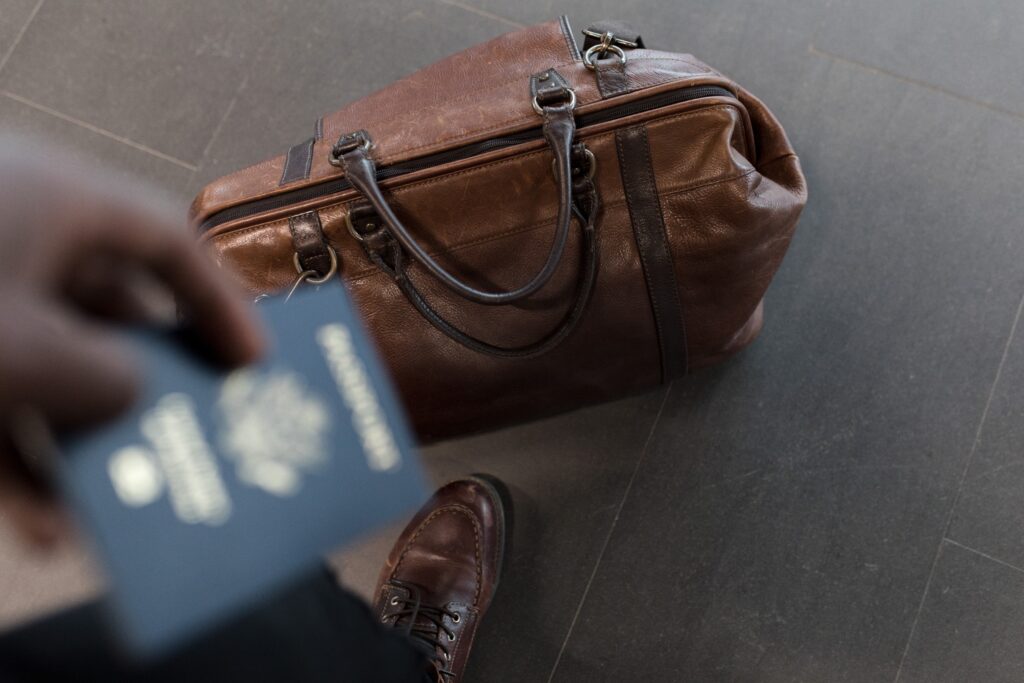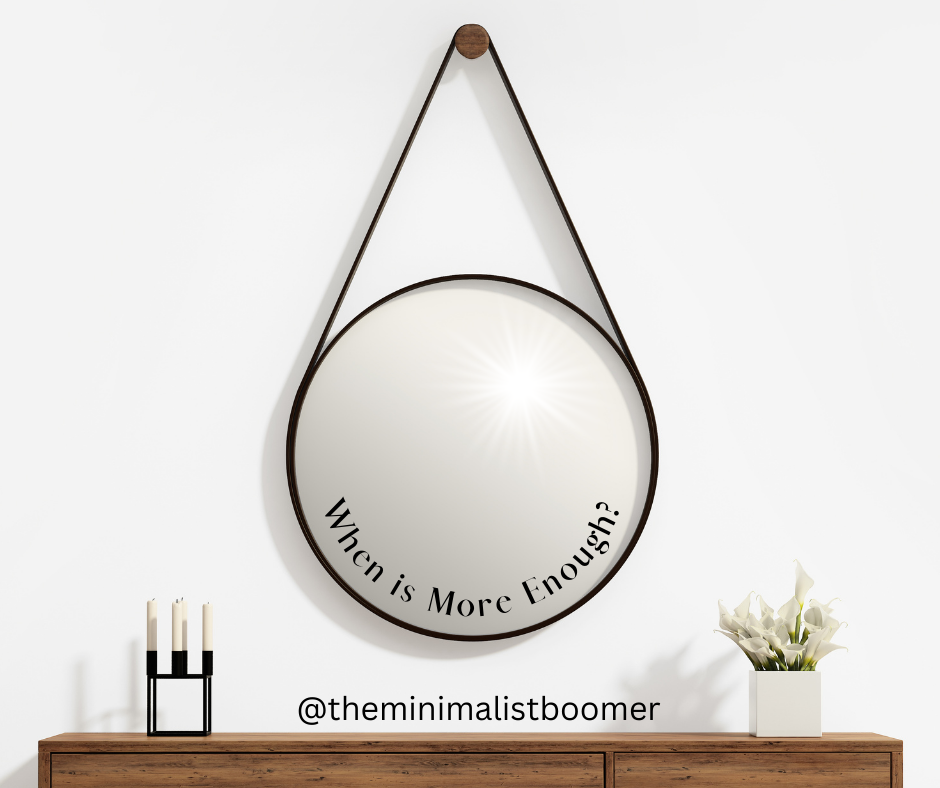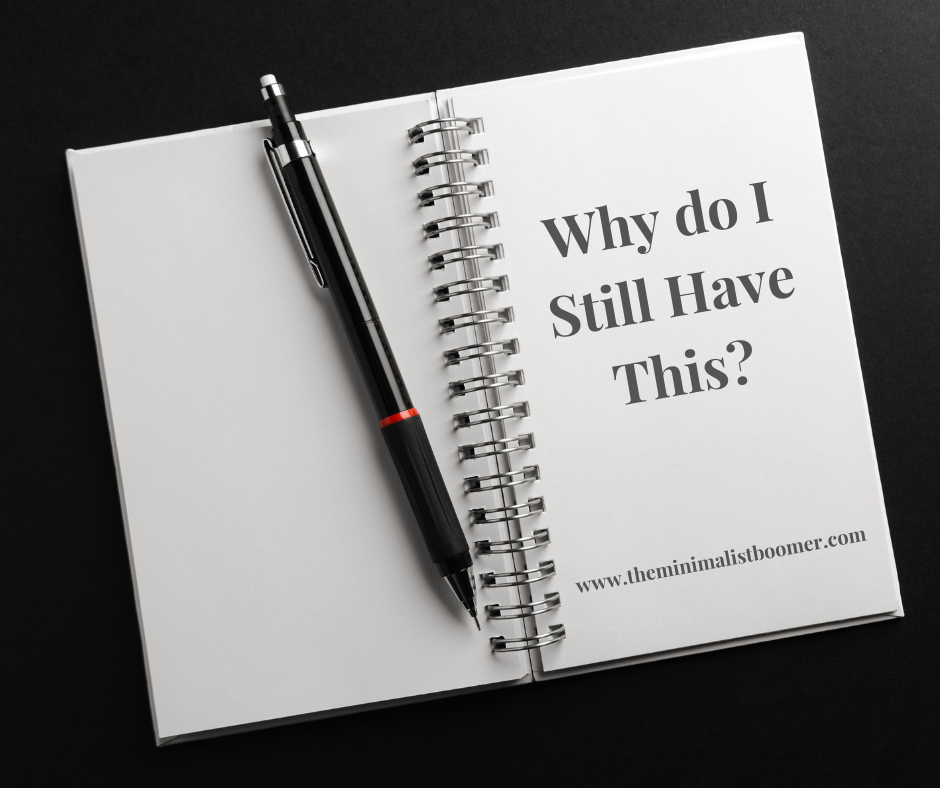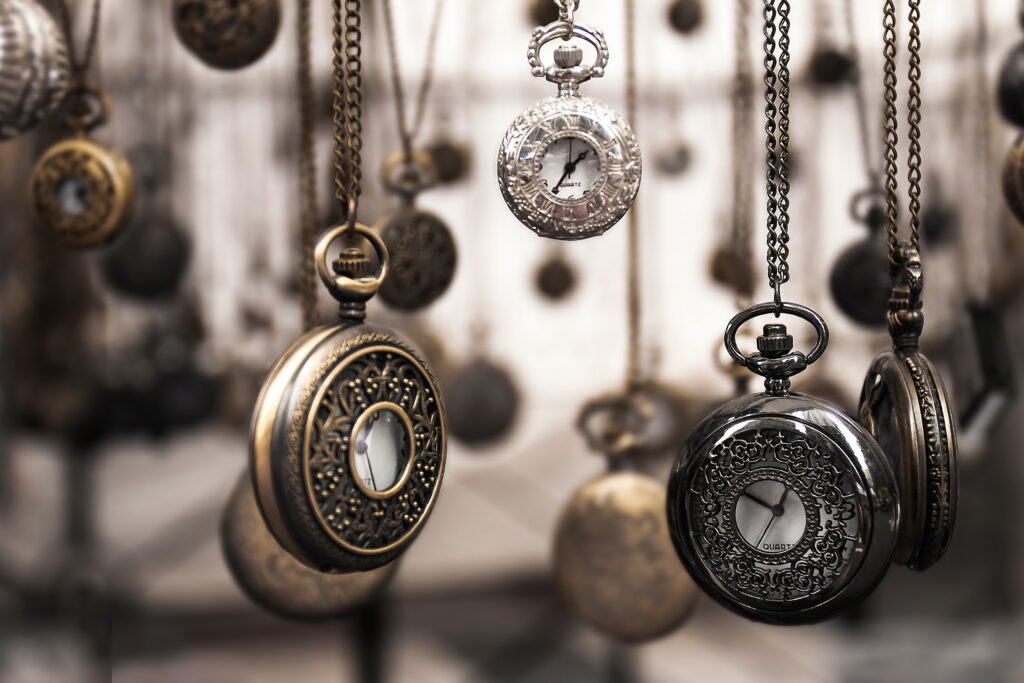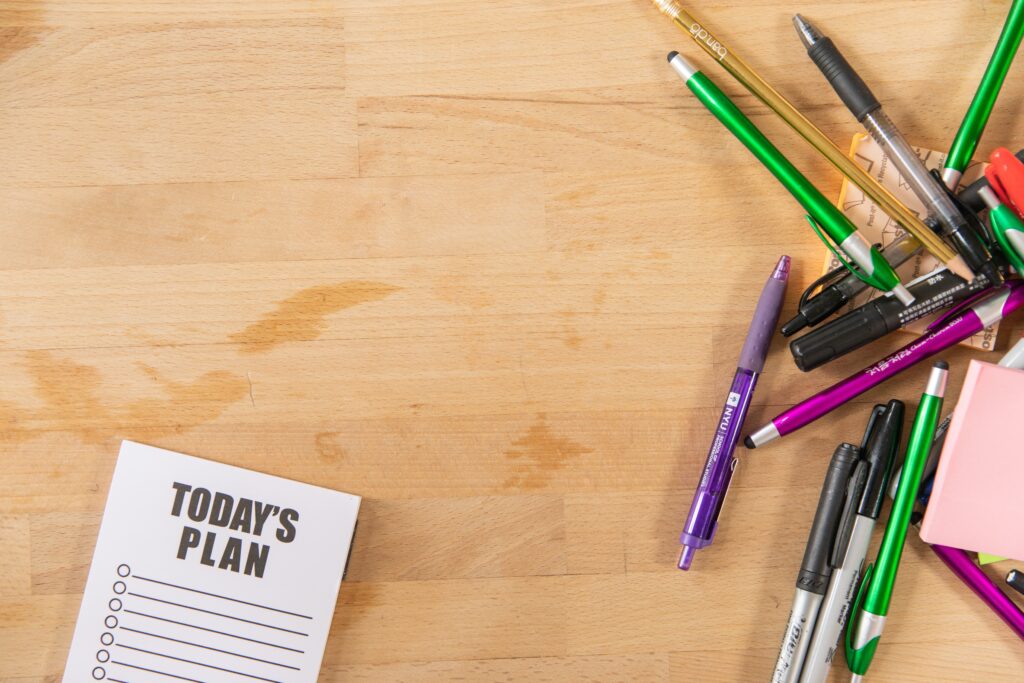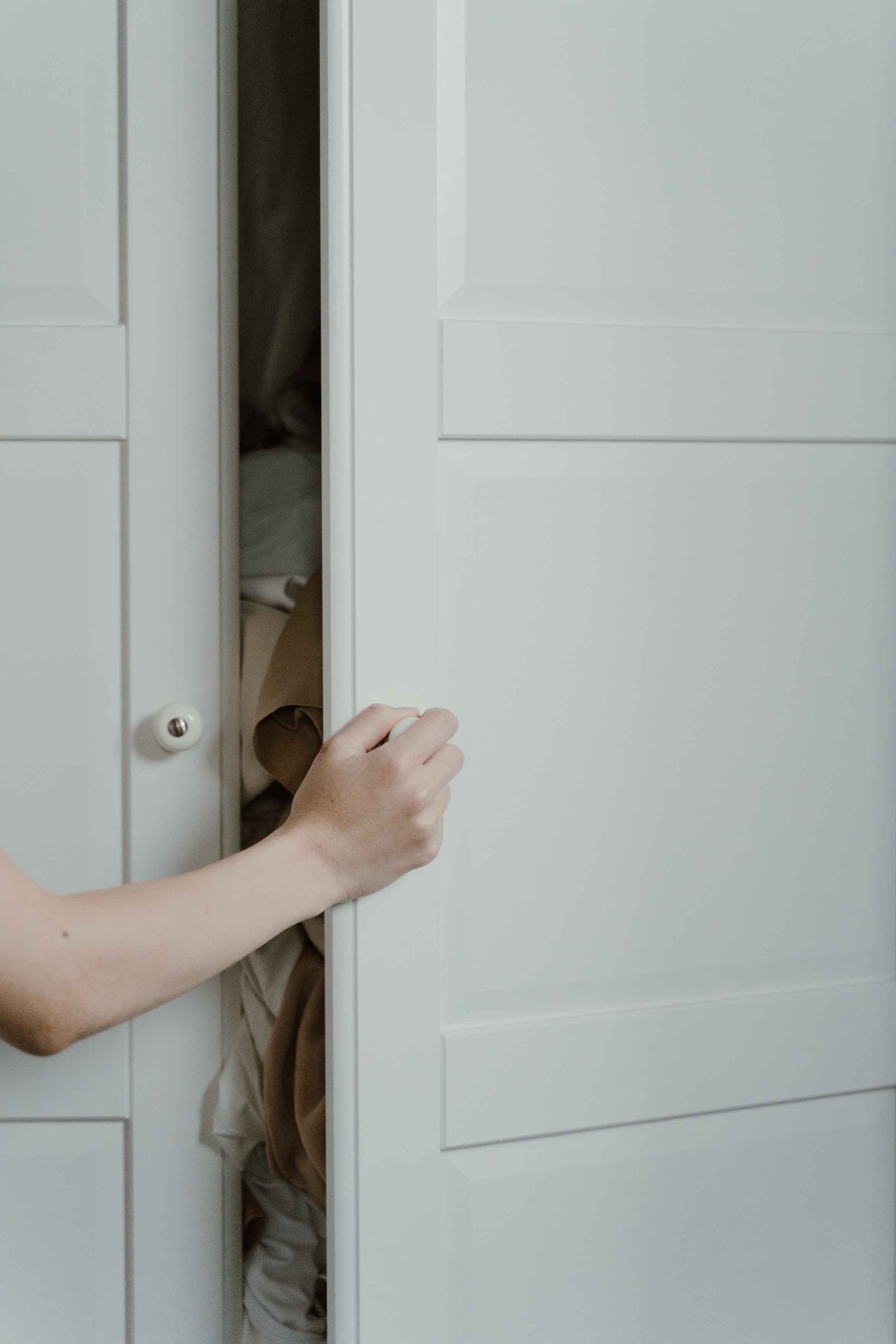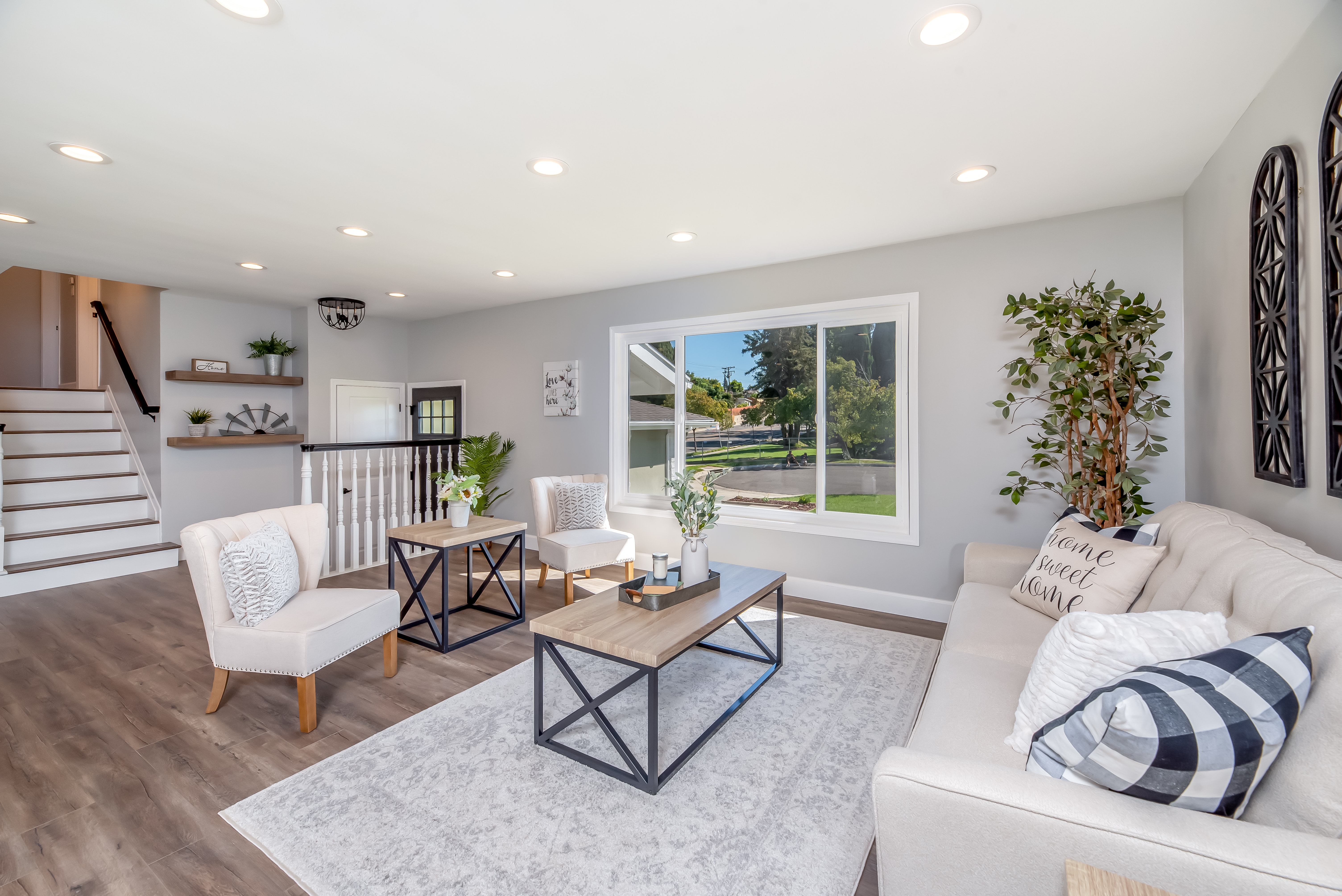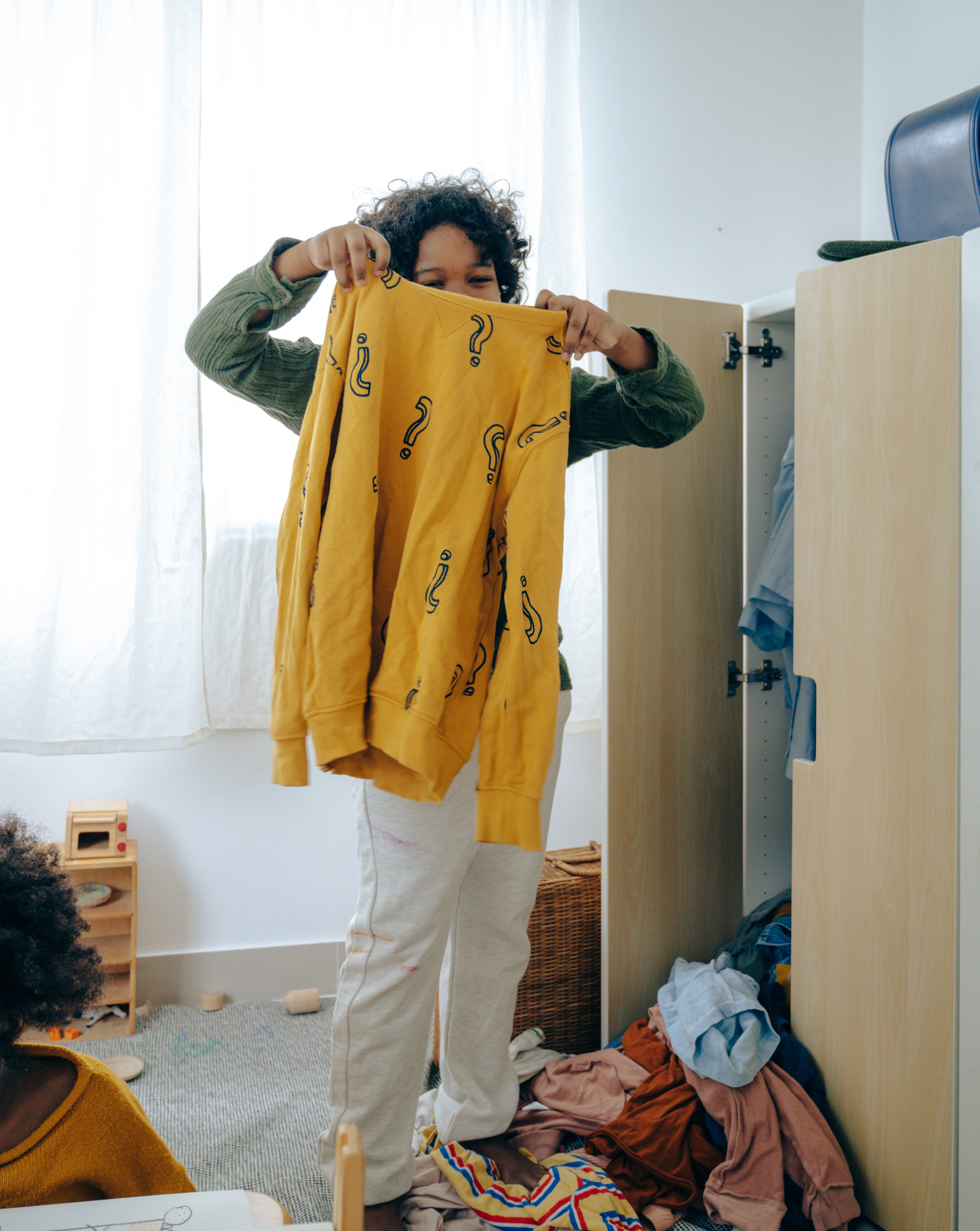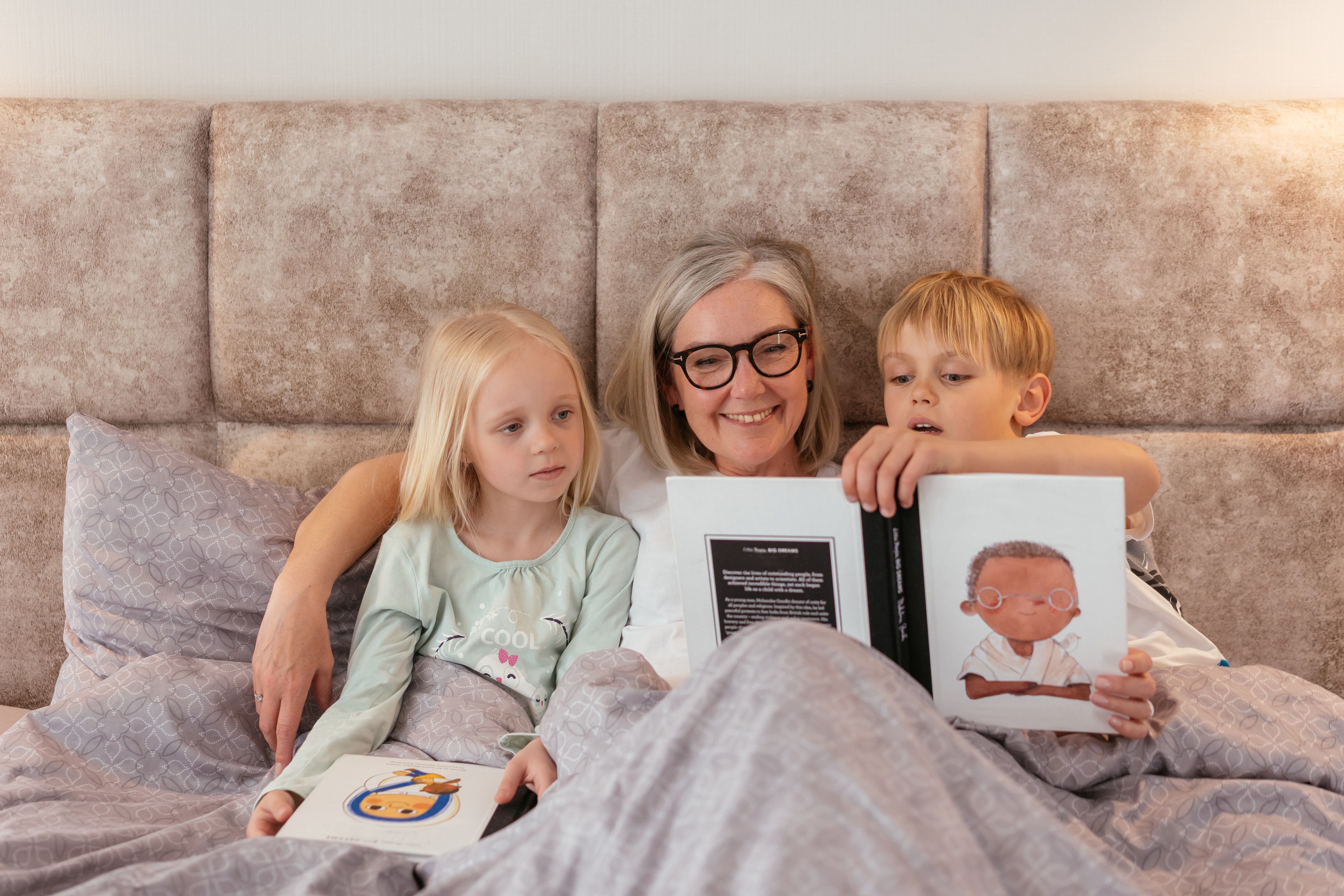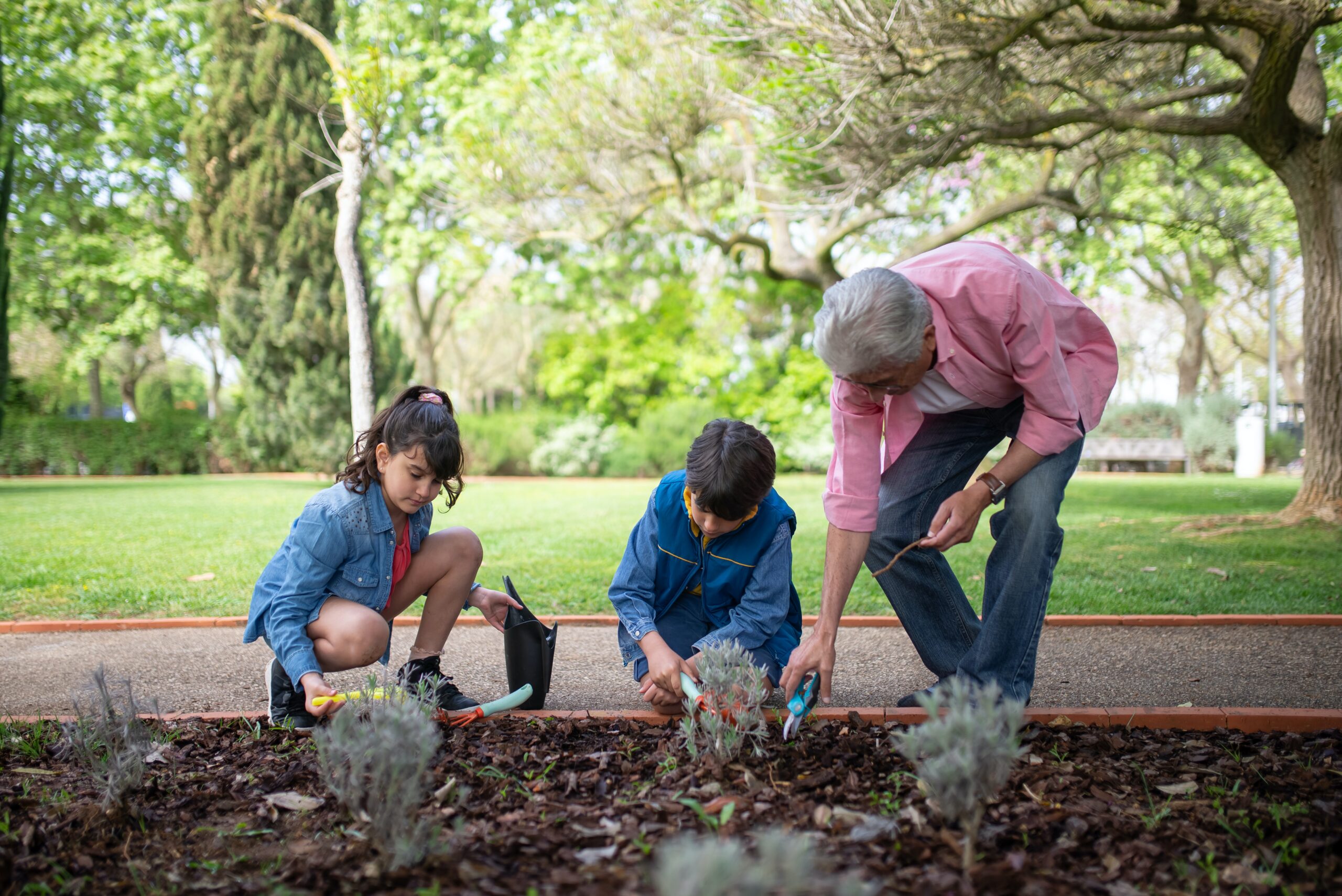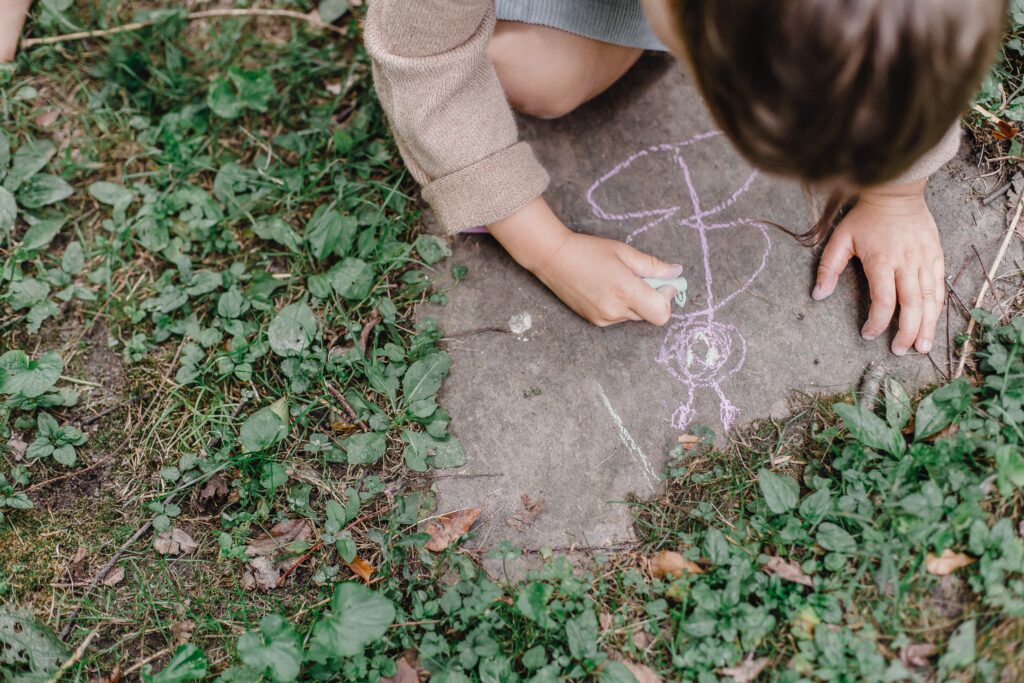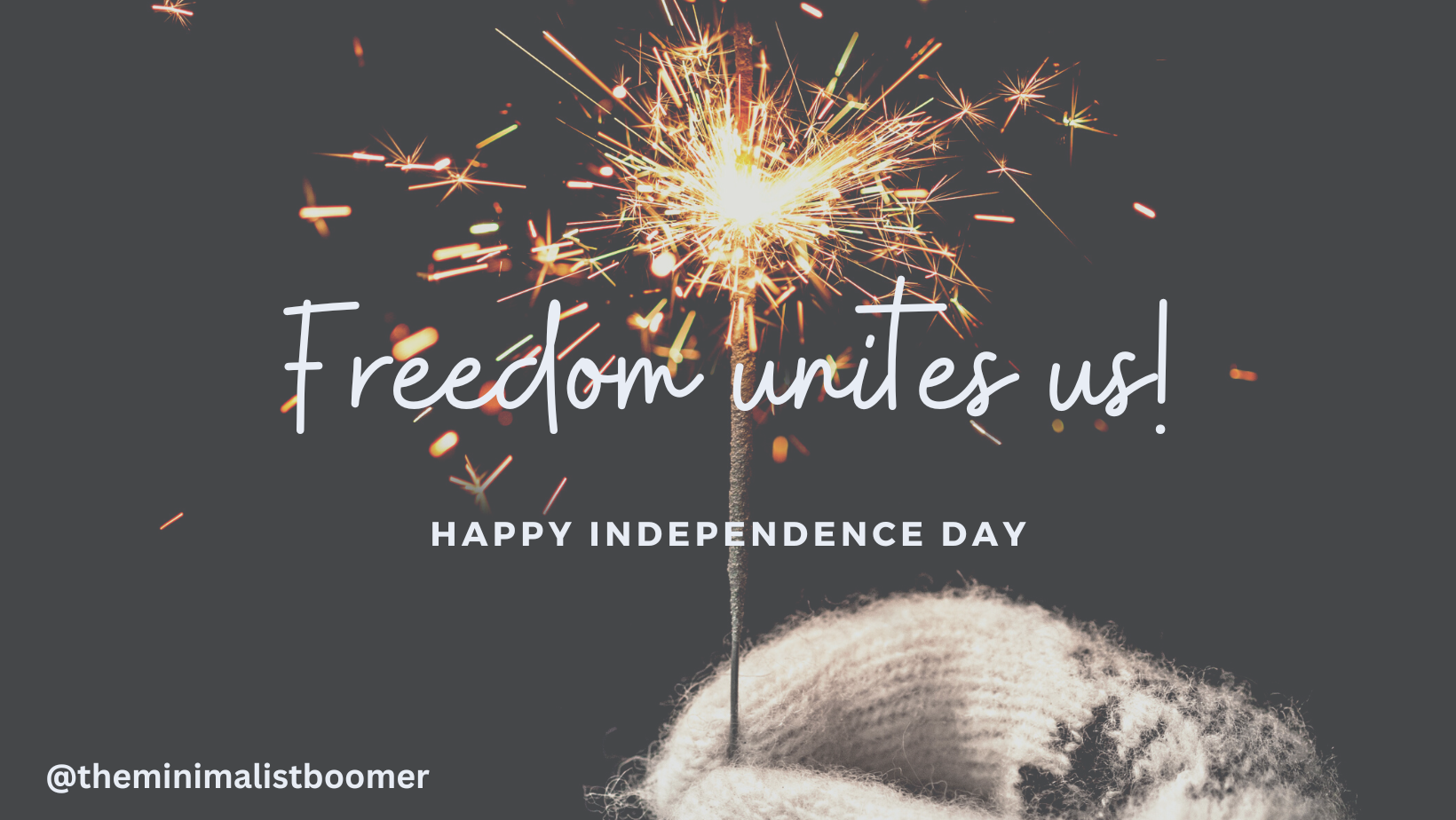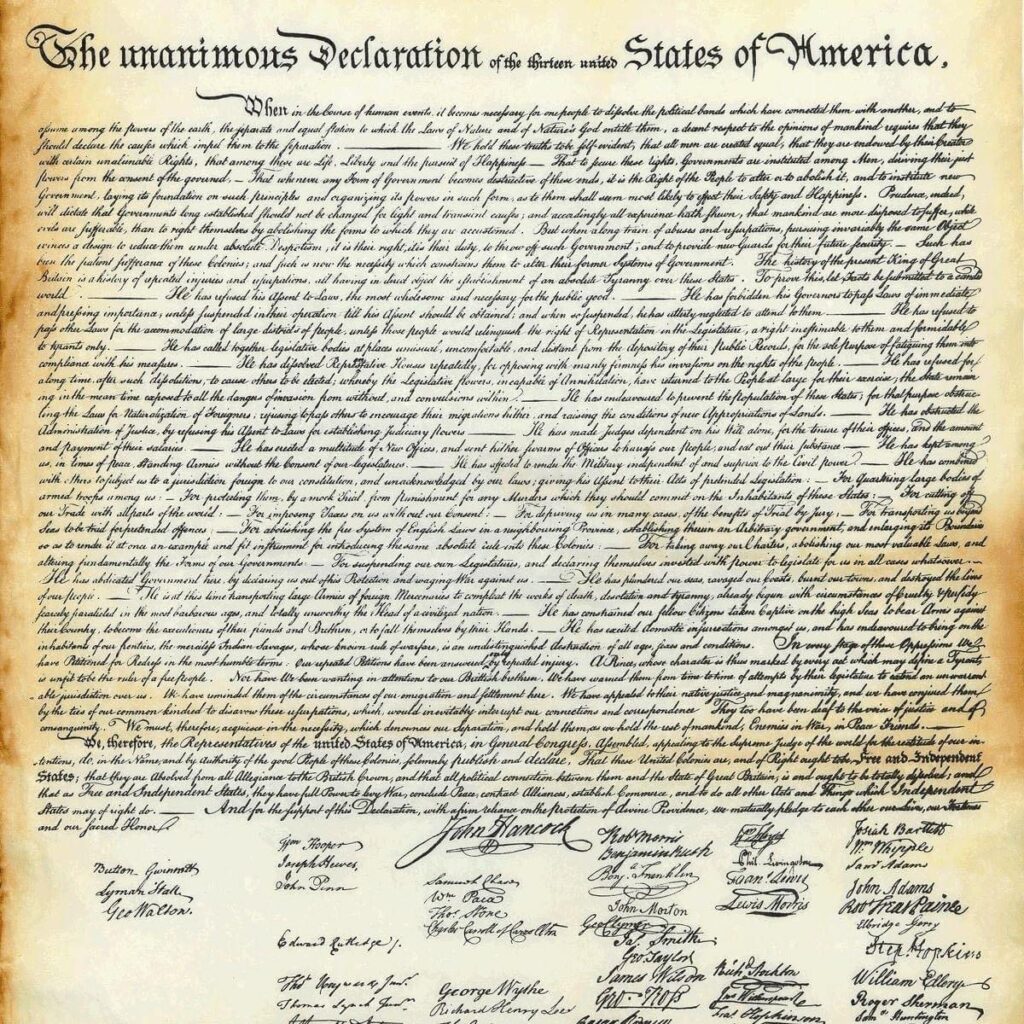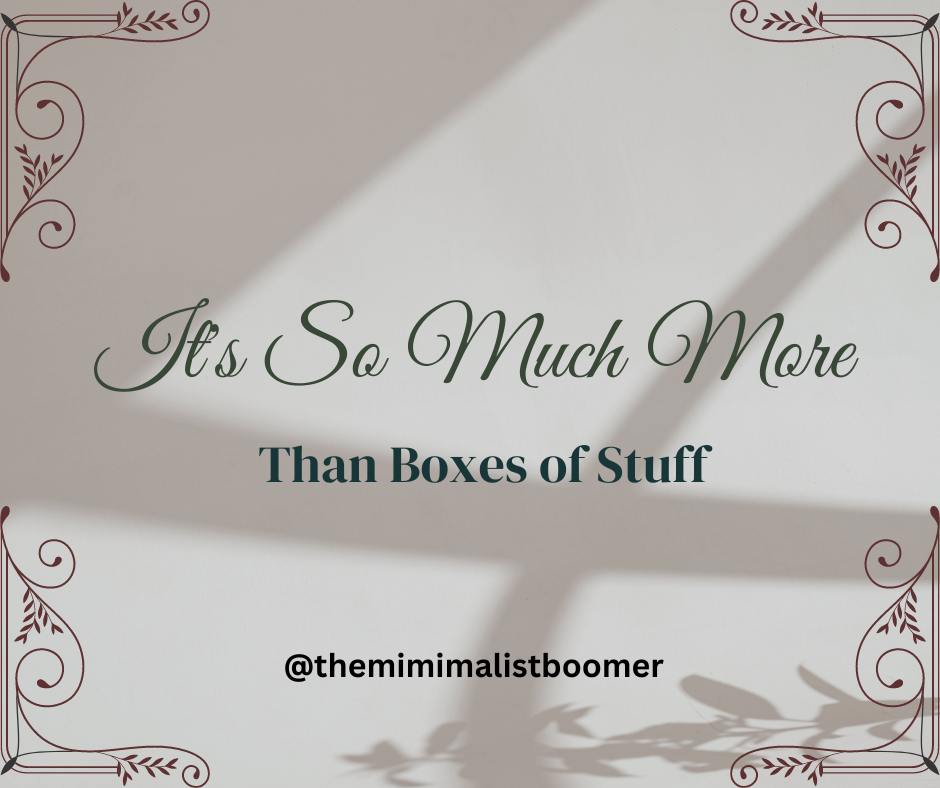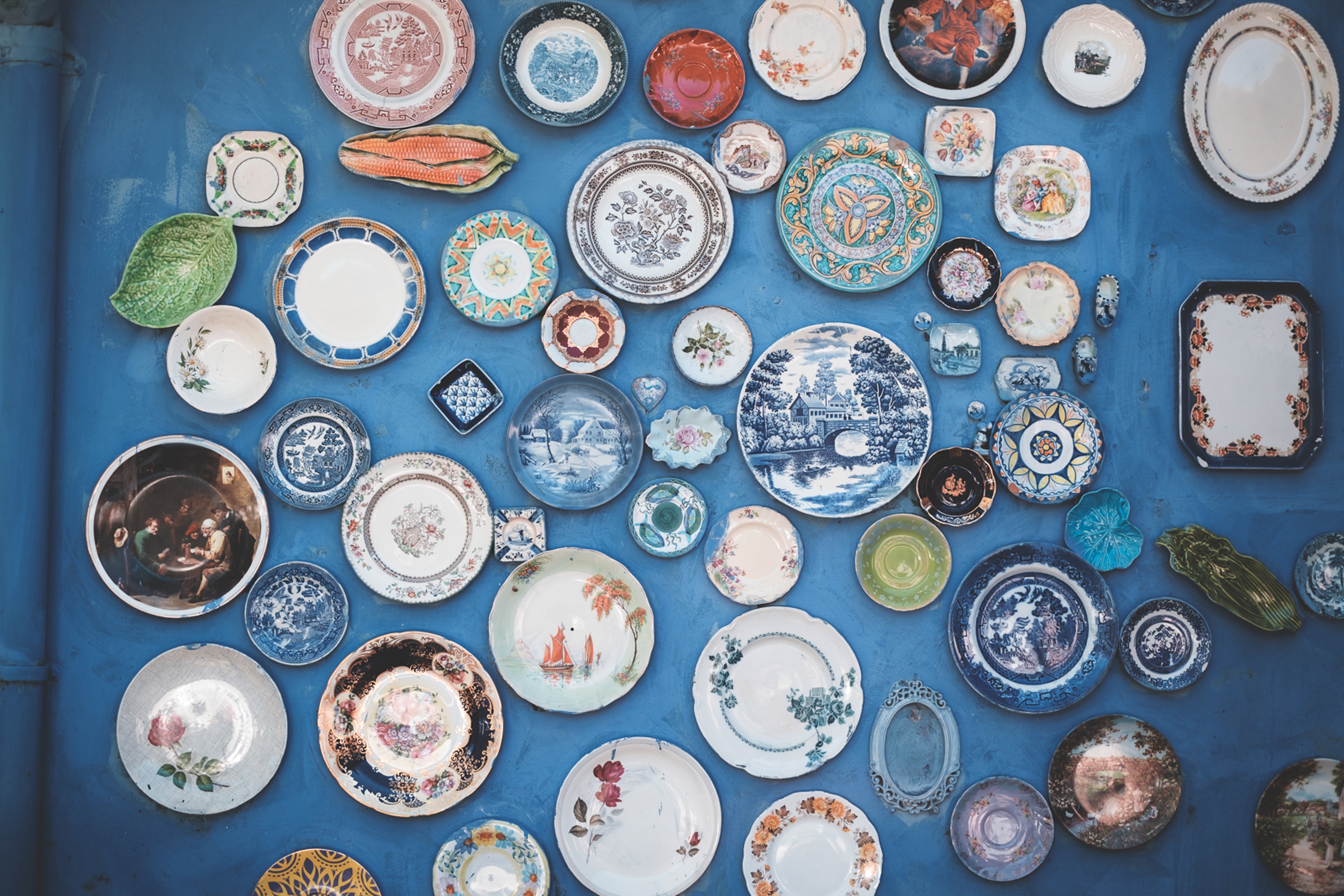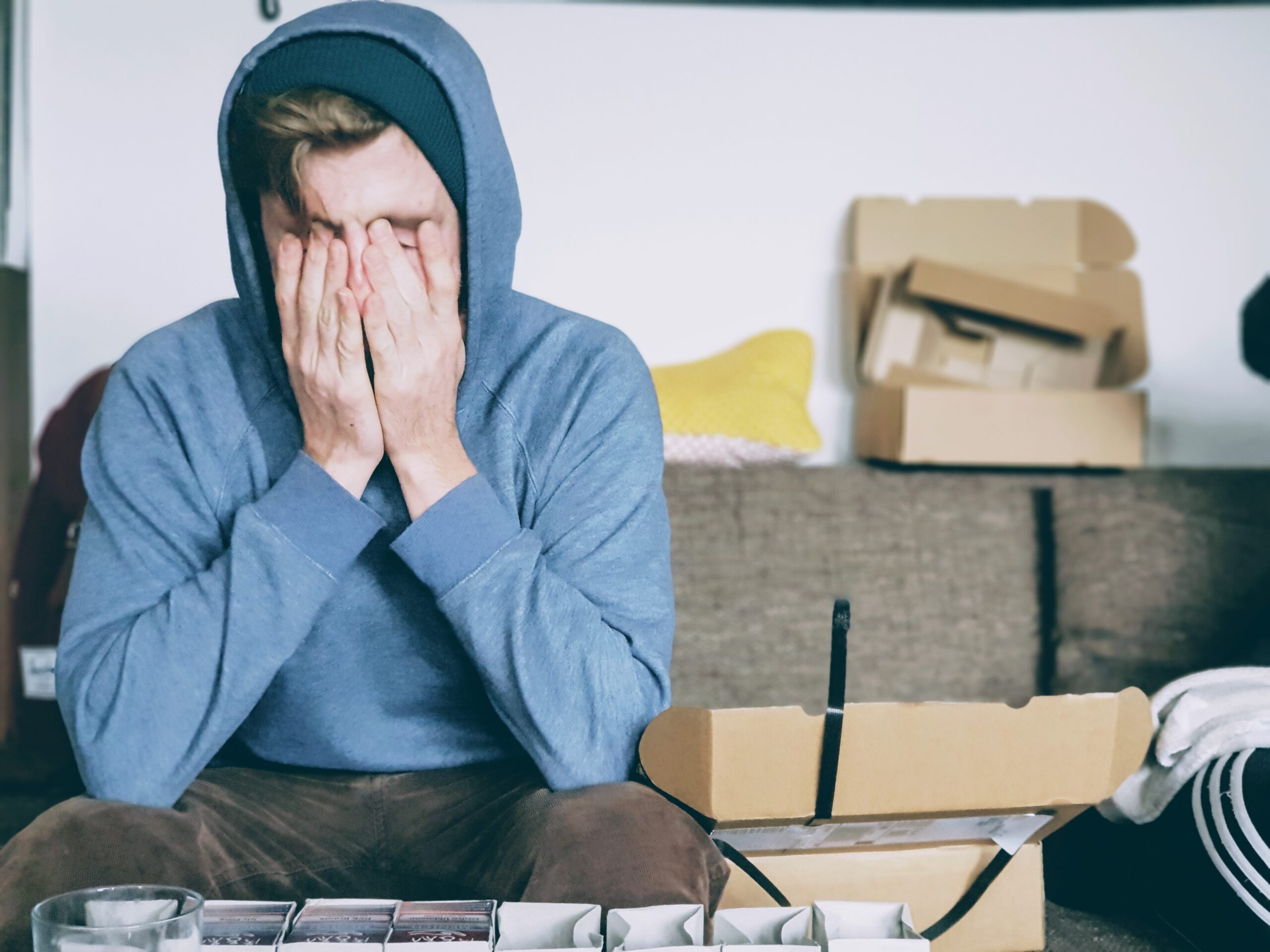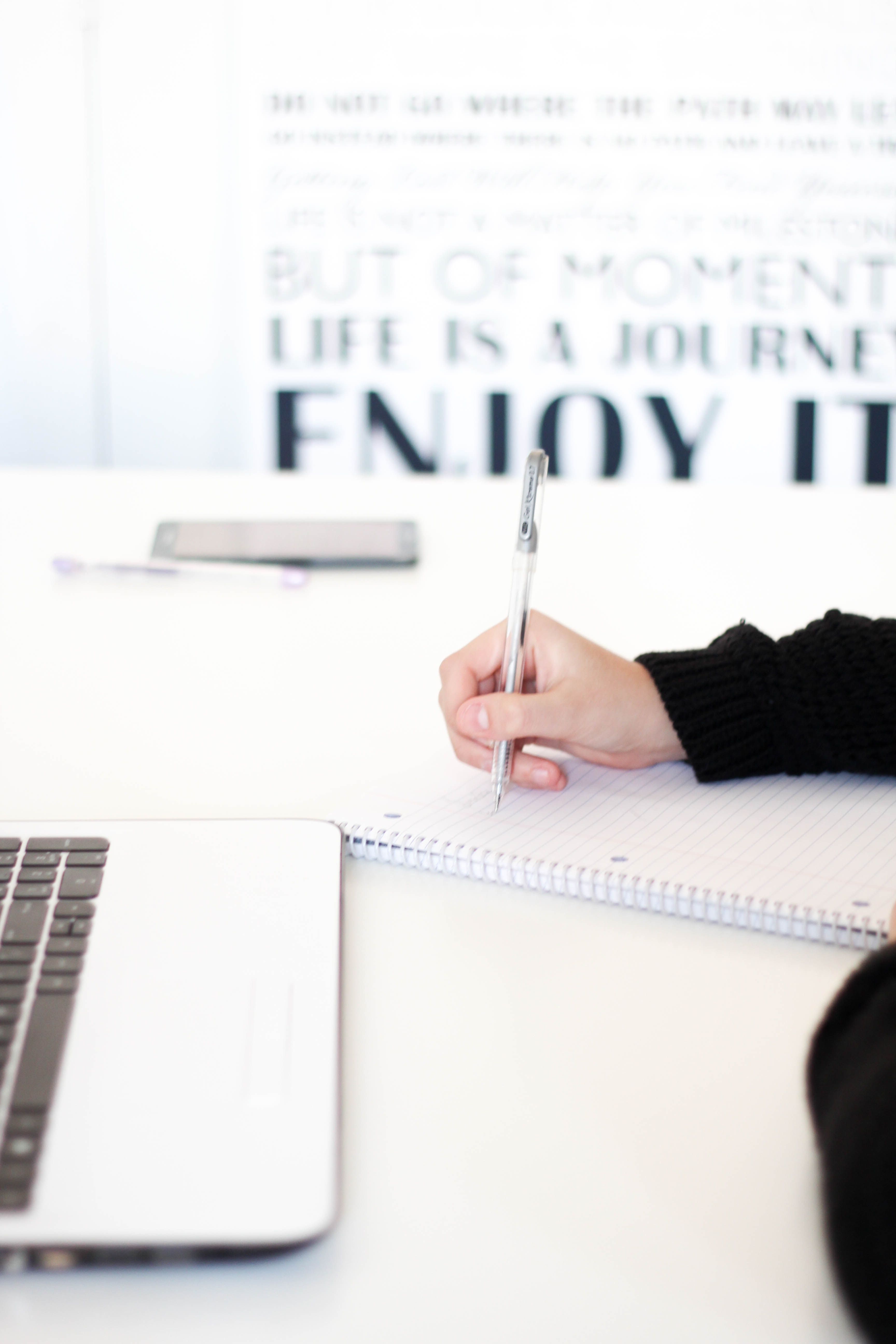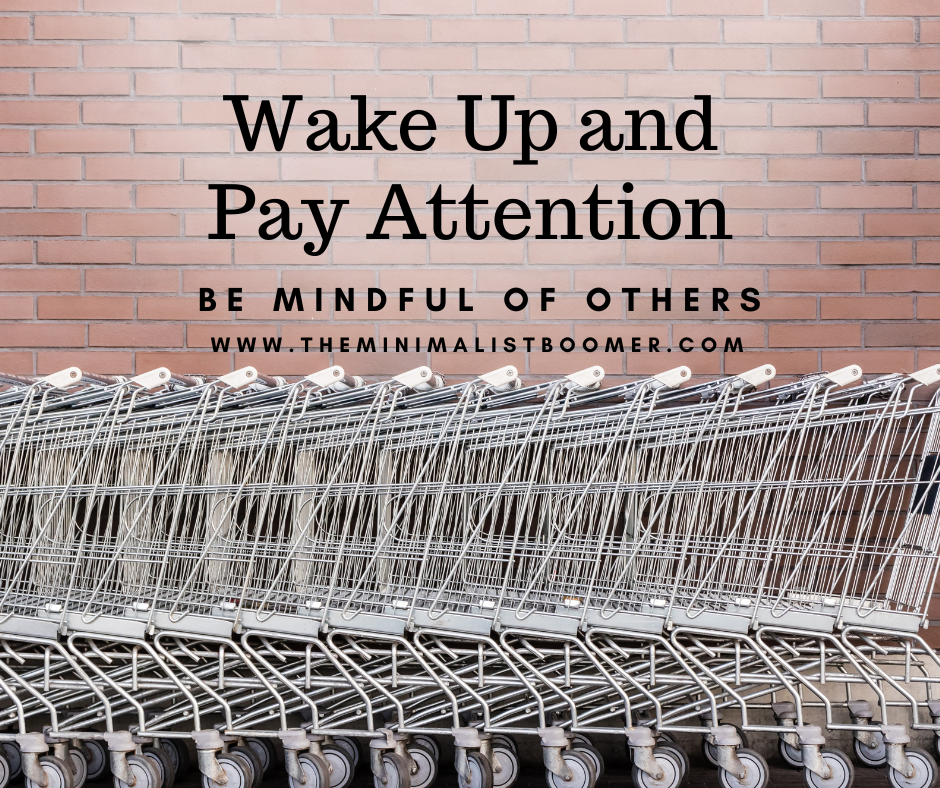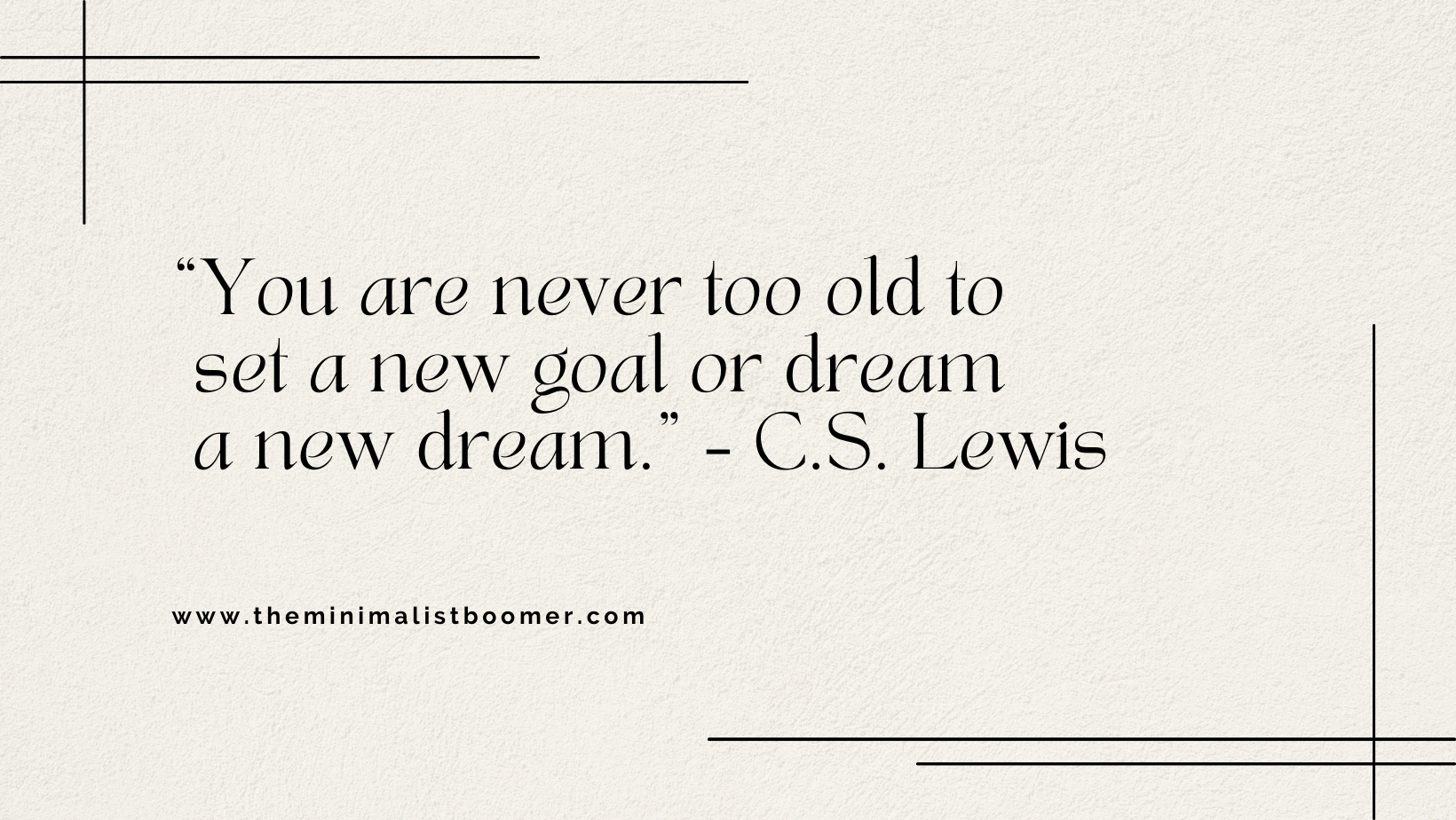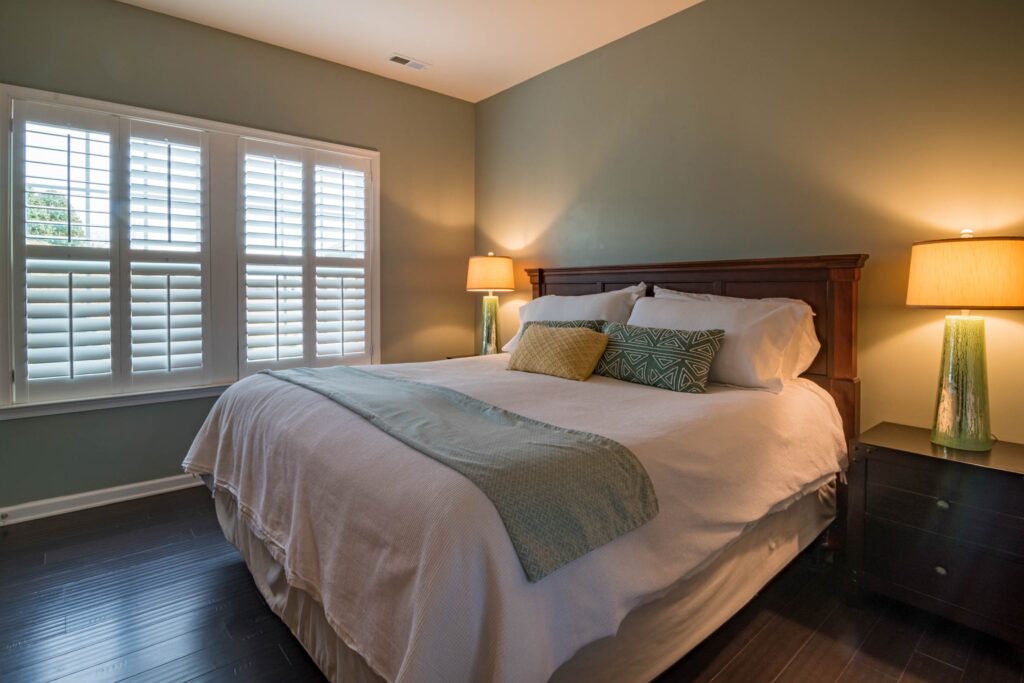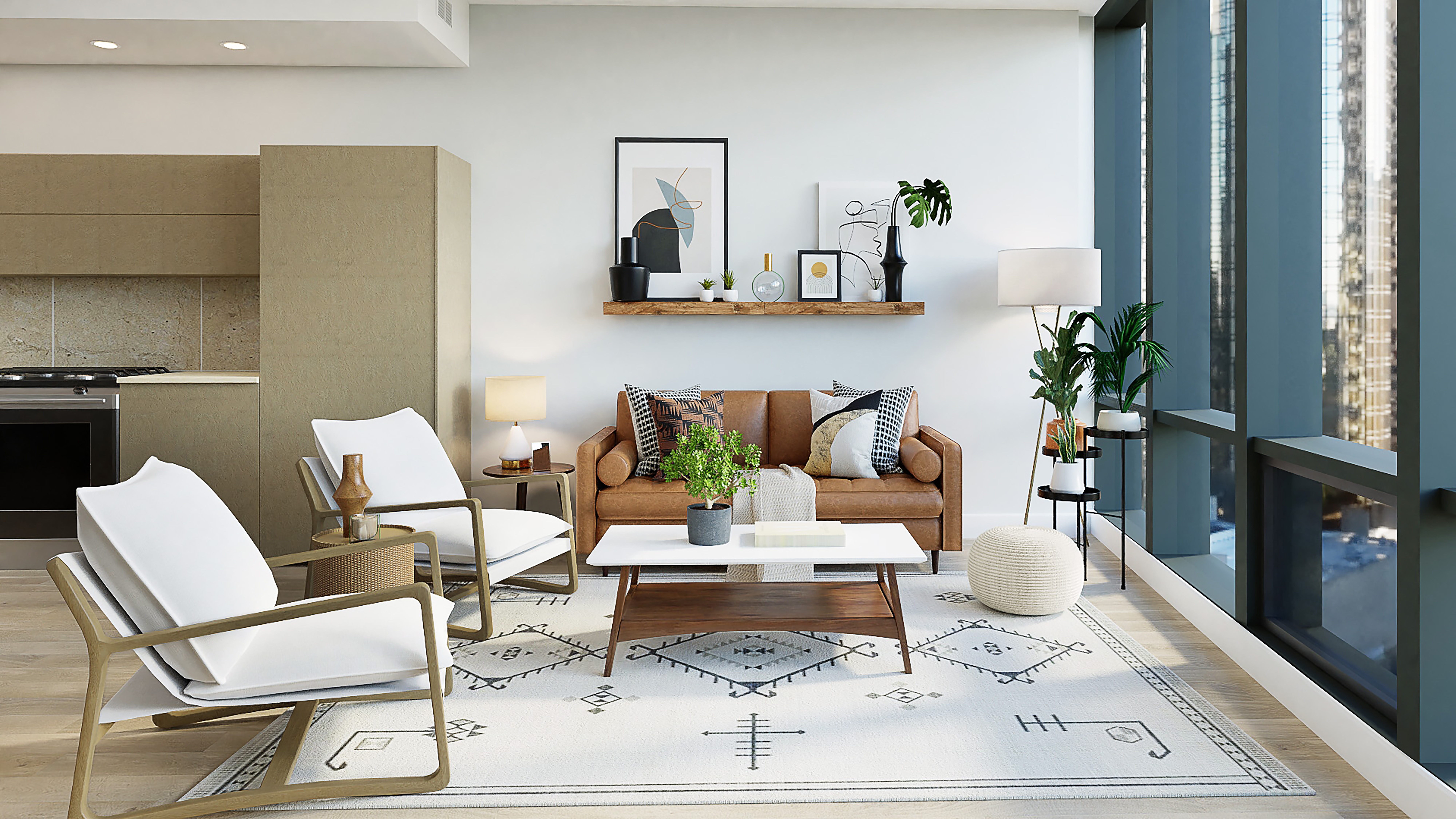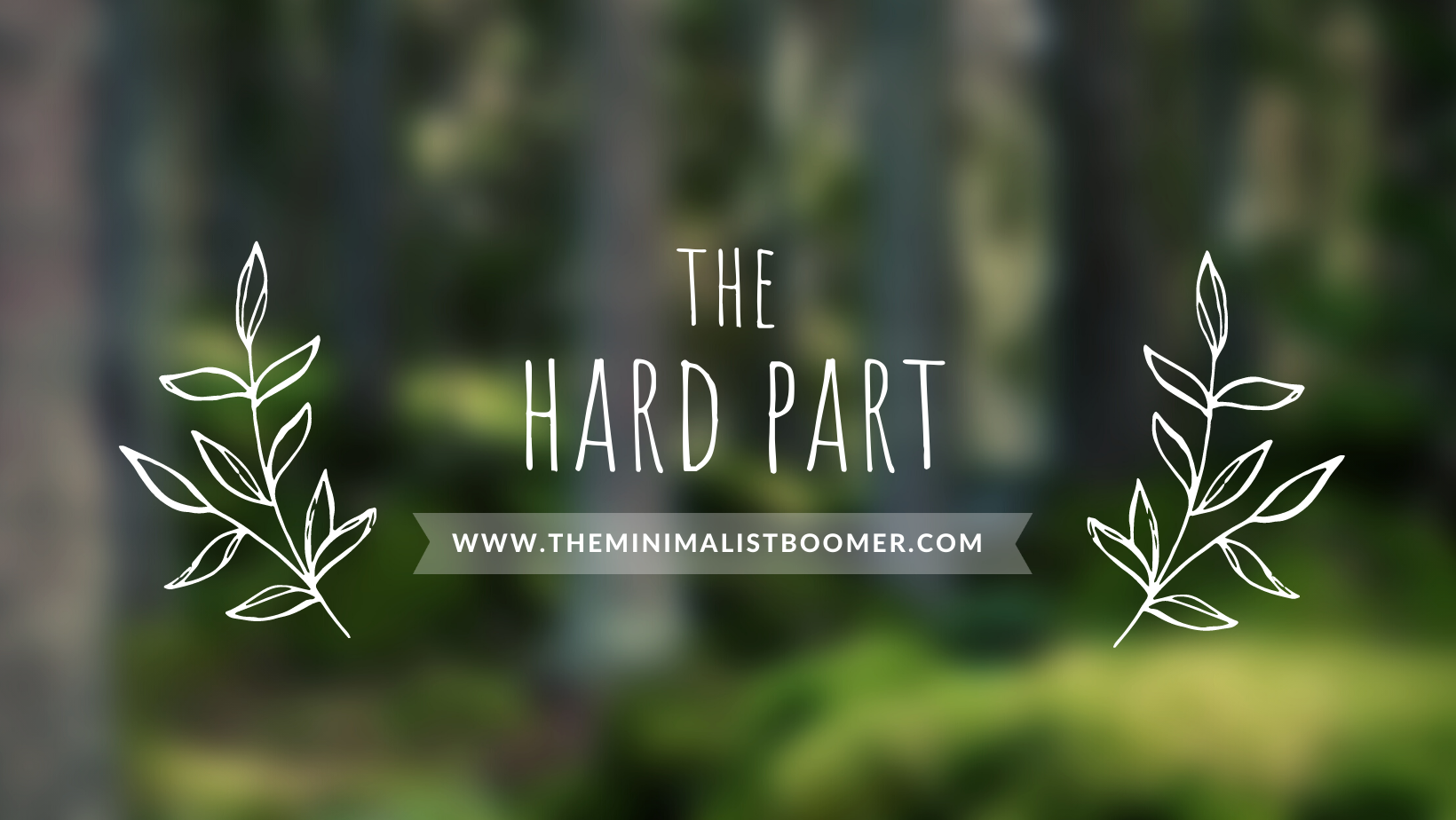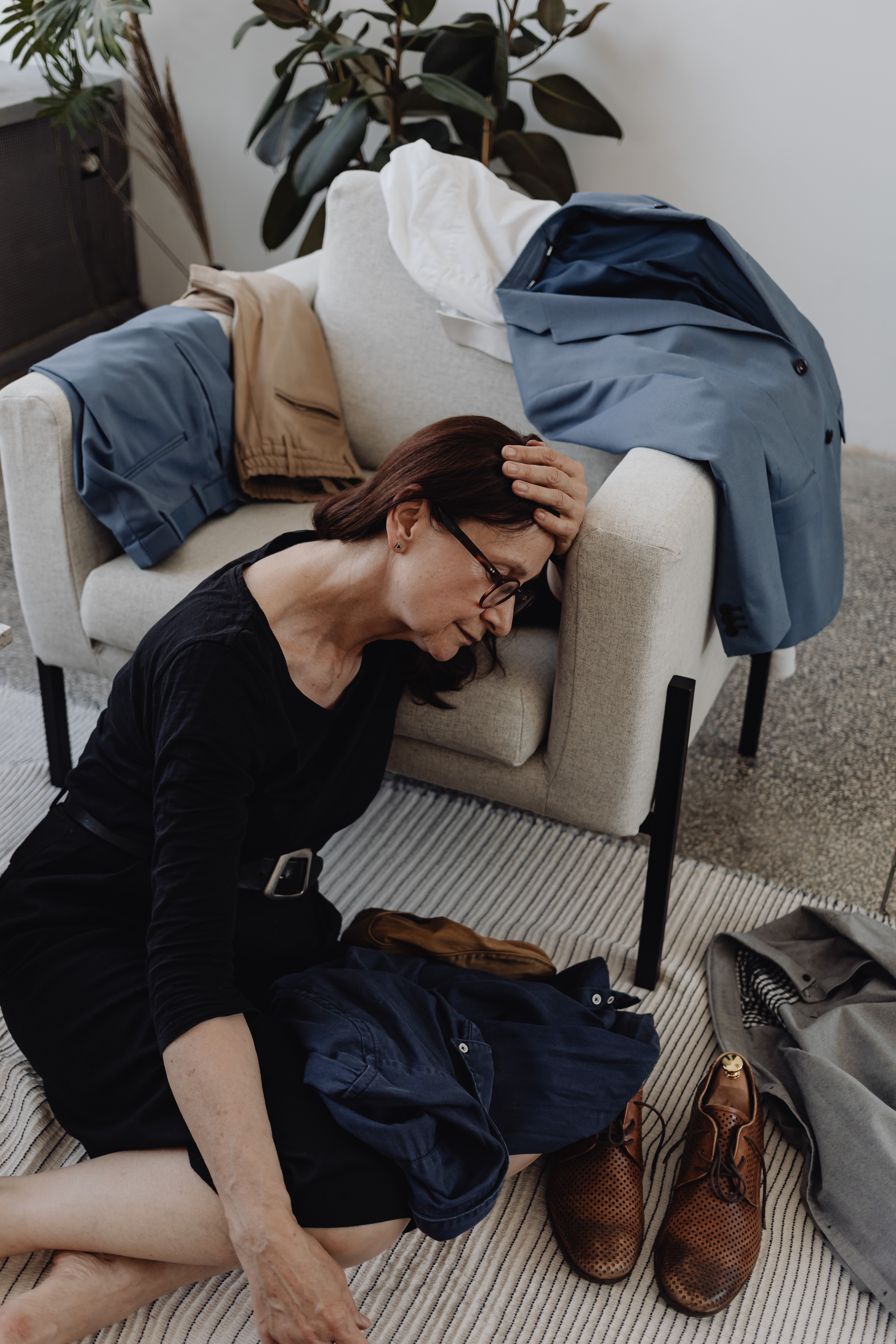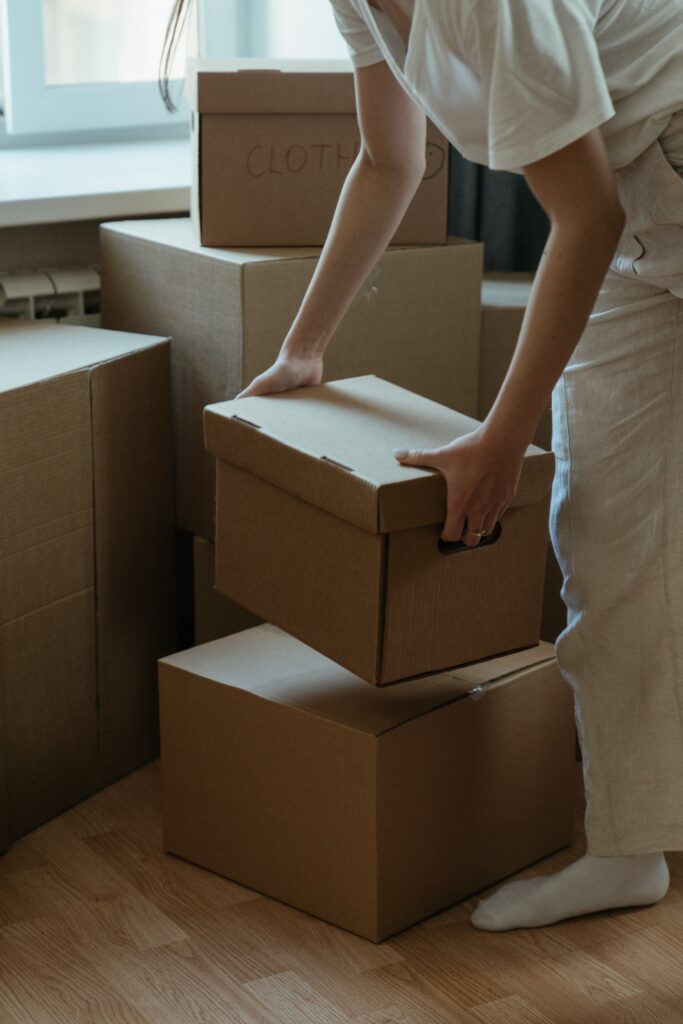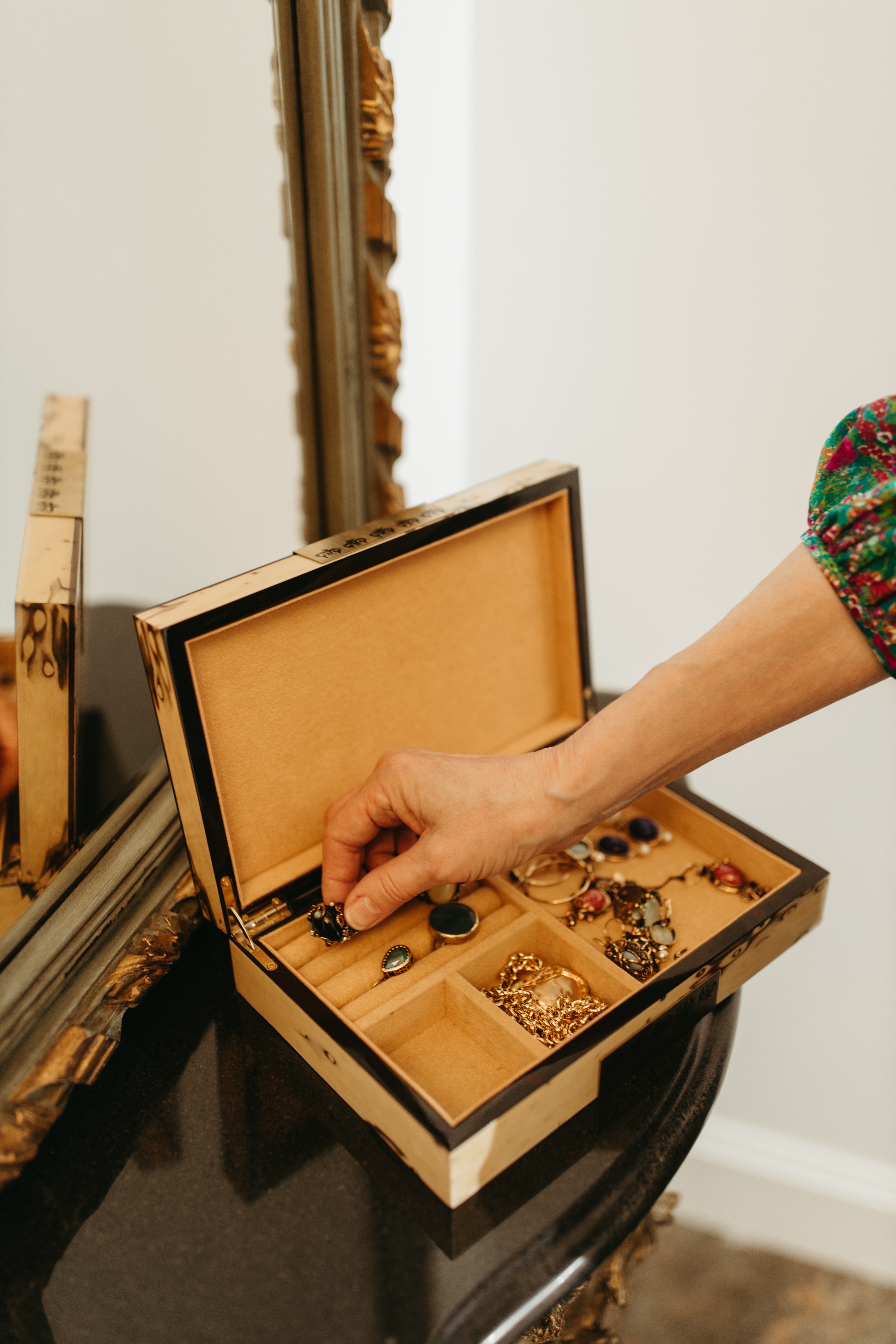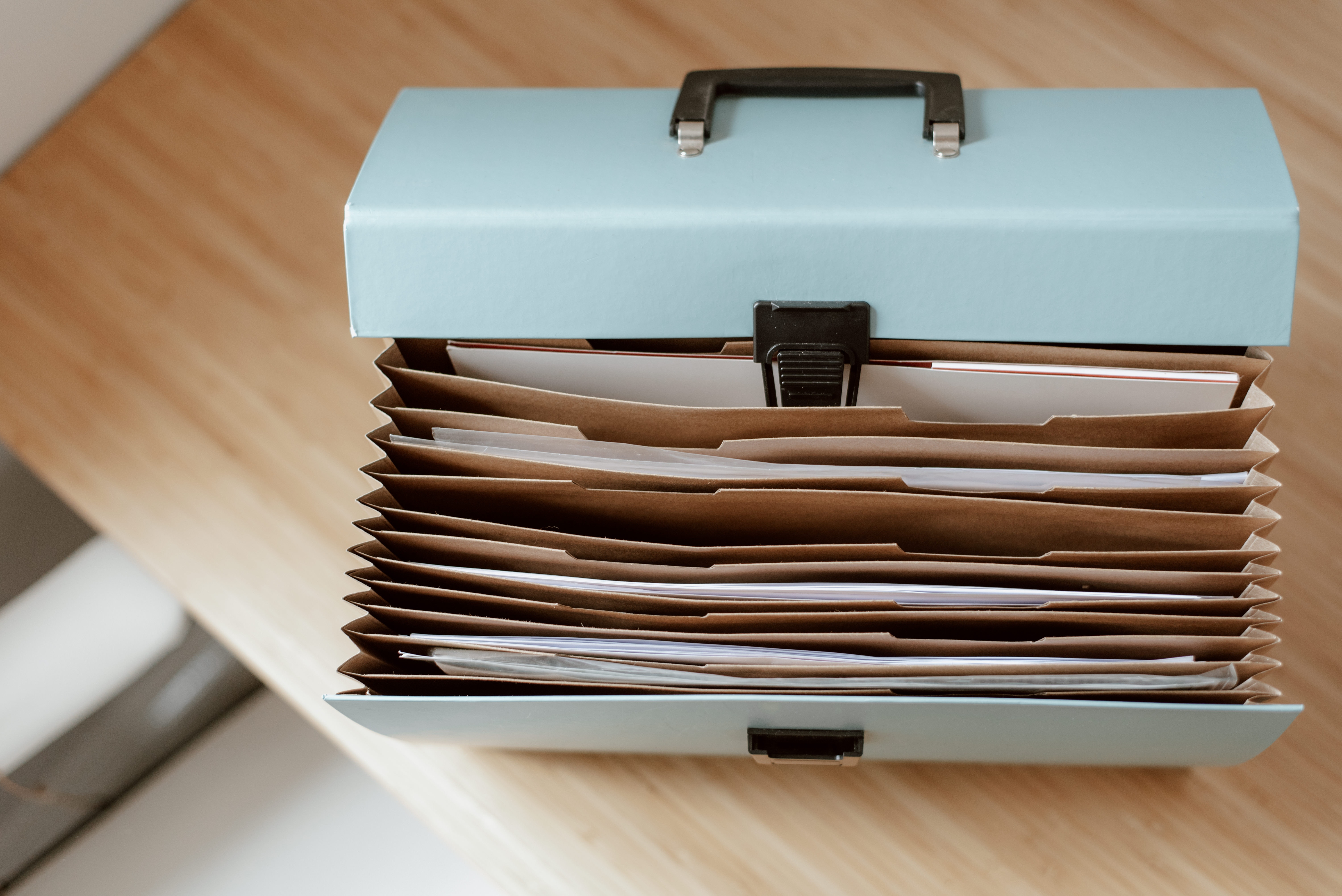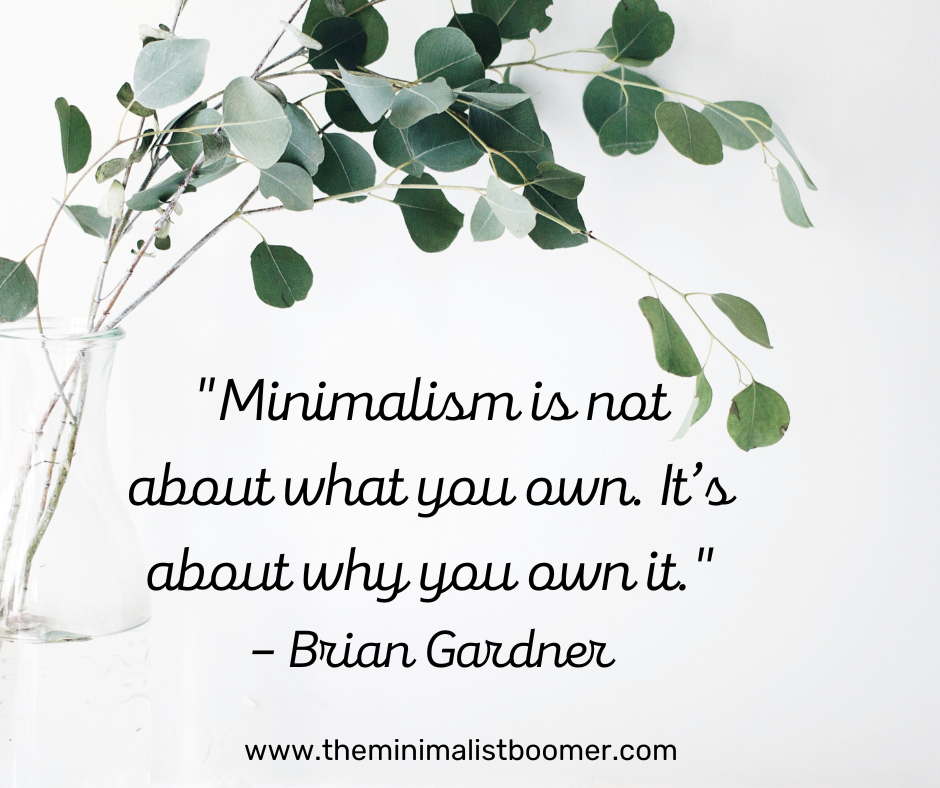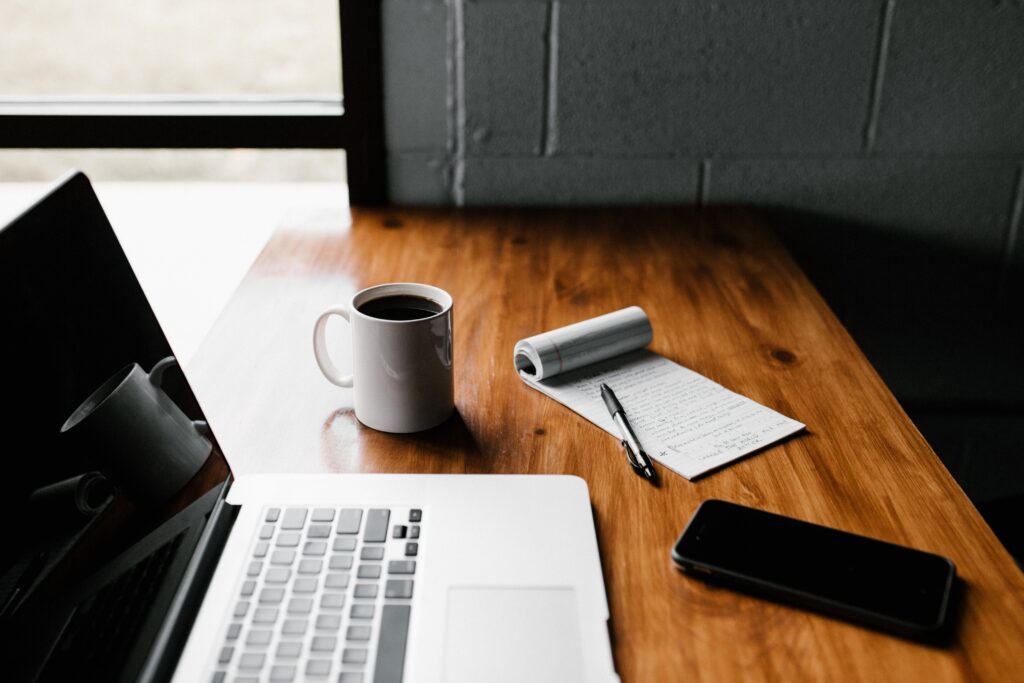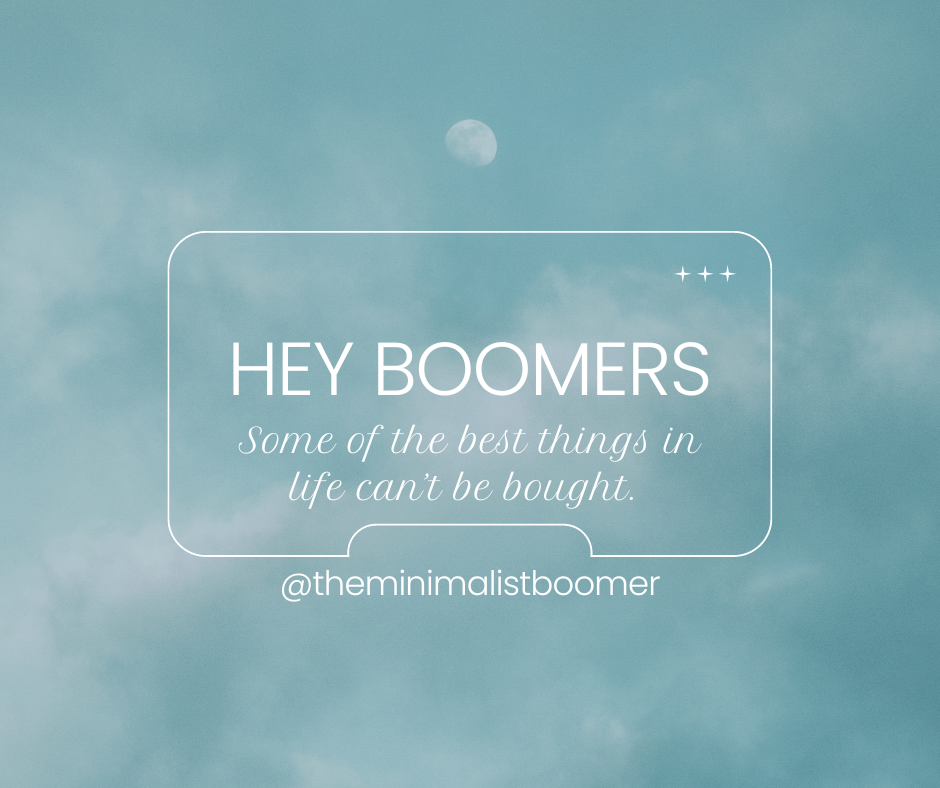If your only goal is more, there’s a chance you’re setting yourself up for disappointment. Why? Because ‘more’ is an unending journey. It’s like chasing a mirage that keeps moving further and further away. Instead, we should aim for progress, satisfaction, and fulfillment. Let’s explore why a goal of ‘more’ could lead to a never-ending cycle of want, and how to break free from it. Take a look the concept of ‘enough’, and learn how to redefine success in your own terms.
The Pitfall of Chasing More

In a world that constantly glorifies achievement and accumulation, it’s easy to fall into the trap of believing that more, bigger, and better is the ultimate goal. Just pursuing more without considering the consequences can lead you to an unfulfilled life.
The Illusion of Fulfillment
Many people falsely believe that acquiring more possessions, wealth, or success will bring them lasting happiness and fulfillment. The truth is, this pursuit often creates an illusion of satisfaction that quickly fades away. The initial rush of excitement may wear off, leaving you craving even more in an endless cycle of desire.
It’s important to recognize that true fulfillment comes from within and cannot be solely obtained through external accomplishments. Instead of constantly chasing after more, consider focusing on personal growth, meaningful relationships, and finding joy in the present moment. Only then can you experience genuine fulfillment.
The Never-Ending Cycle

Chasing after more can create a never-ending cycle of dissatisfaction. As you achieve one goal, another one quickly takes its place. This constant pursuit can leave you feeling unfulfilled and perpetually striving for something just out of reach.
Instead of being caught up in this cycle, take a step back and reassess your priorities. Reflect on what actually matters to you and set realistic goals that align with your values. By shifting your focus from accumulating more to living a purposeful life, you can break free from the never-ending cycle of chasing more.
The Impact on Relationships
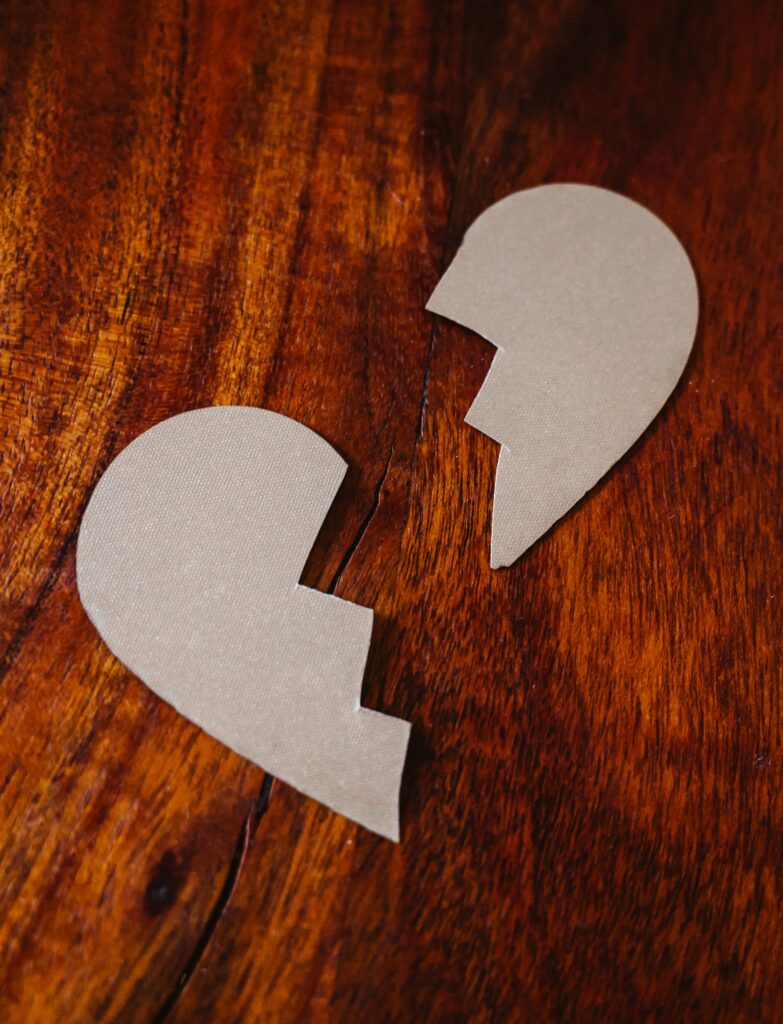
Constantly chasing after more can also have a negative impact on your relationships. When the pursuit of personal gain becomes the sole focus, it can lead to neglecting the people who matter most in your life. Relationships require time, effort, and genuine connection.
By prioritizing material possessions or success over your relationships, you risk alienating yourself from those who care about you. Remember, true happiness is often found in the quality of your relationships and the love and support you give and receive from others. Don’t let the pursuit of more undermine these precious connections.

It’s crucial to strike a balance between achieving your goals and nurturing your relationships. Invest time and energy into building and maintaining meaningful connections, as they are the cornerstone of a fulfilling life.
The Importance of Defining Meaningful Goals
“If you want to live a happy life, tie it to a goal, not to people or things.” – Albert Einstein
Setting goals is an essential step toward personal and professional growth. But, not all goals are created equal. If your only aim is to achieve more without considering the underlying meaning, you may find yourself endlessly striving without ever feeling fulfilled. It’s important to define meaningful goals that align with your values, prioritize quality over quantity, and find purpose in the journey itself.
Aligning Goals with Values
When setting goals, it is important to examine your values and ensure they are in harmony with what you aim to achieve. Your values serve as your guiding light that shape your decisions and actions. By aligning your goals with your values, you create a sense of authenticity and purpose in your pursuit. Ask yourself: What truly matters to me? How can my goals contribute to my core beliefs? By answering these questions, you can set goals that are meaningful and rewarding in the long run.

Focusing on Quality over Quantity
In a world driven by instant gratification and constant comparison, it is easy to get caught up in the pursuit of more, more, and more. Chasing quantity alone can lead to a never-ending cycle of dissatisfaction. Try shifting your focus to quality. Rather than setting goals solely based on numbers or metrics, consider the value and impact of what you aim to achieve. Emphasize excellence, craftsmanship, and the overall experience. By prioritizing quality over quantity, you will find greater satisfaction and a deeper sense of accomplishment.
Finding Purpose in the Journey
“Life is never made unbearable by circumstances, but only by lack of meaning and purpose.” – Viktor Frankl
While achieving goals is important, it is equally important to find purpose in the journey itself. Life is a continuous series of moments, and it is in these moments that we can discover fulfillment. Instead of solely fixating on the end result, embrace the process and the growth it brings. Reflect on the lessons learned, the skills acquired, and the personal development that occurs along the way. By finding purpose in the journey, every step becomes meaningful, and the achievement of your goals becomes even more rewarding.
The Power of Contentment
“The greatest wealth is to live content with little.” ― Plato
Are you constantly chasing after more, thinking it will bring you happiness and fulfillment? It’s time to shift your mindset and discover the power of contentment. Cultivating gratitude, embracing the present moment, and celebrating milestones are key elements in finding true satisfaction in life.

Cultivating Gratitude
Gratitude is a powerful practice that can transform your life. When you take the time to appreciate the things you have, big or small, you shift your focus from what’s lacking to what’s abundant. Start a daily gratitude journal and make it a habit to write down three things you’re grateful for each day. This simple act will train your mind to recognize the positive aspects of your life and foster a sense of contentment.
Embracing the Present Moment
In today’s fast-paced world, it’s easy to get caught up in the never-ending pursuit of the next big thing. Yet, true contentment lies in embracing the present moment. Take a moment to pause and fully experience what is happening around you. Engage your senses and appreciate the beauty in the everyday moments. Whether it’s savoring a delicious meal or enjoying a conversation with a loved one, being present allows you to find joy in the here and now.
Celebrating Milestones

While having goals is important, it’s equally vital to celebrate the milestones you achieve along the way. Recognize and acknowledge your accomplishments, no matter how small they may seem. Share your success with others.
By embracing gratitude, living in the present moment, and celebrating milestones, you can tap into the power of contentment. Remember, it’s not about constantly chasing after more, but rather finding fulfillment in what you already have. Start incorporating these practices into your daily life and watch as your perspective shifts, allowing you to experience true satisfaction and happiness.
Expand Your Horizons
Expanding your horizons involves stepping outside of your comfort zone and exploring new experiences. Engage in activities that challenge you and expose you to different perspectives. Travel to new places, meet new people, and try new things. By embracing the unfamiliar, you open yourself up to valuable opportunities for personal growth.
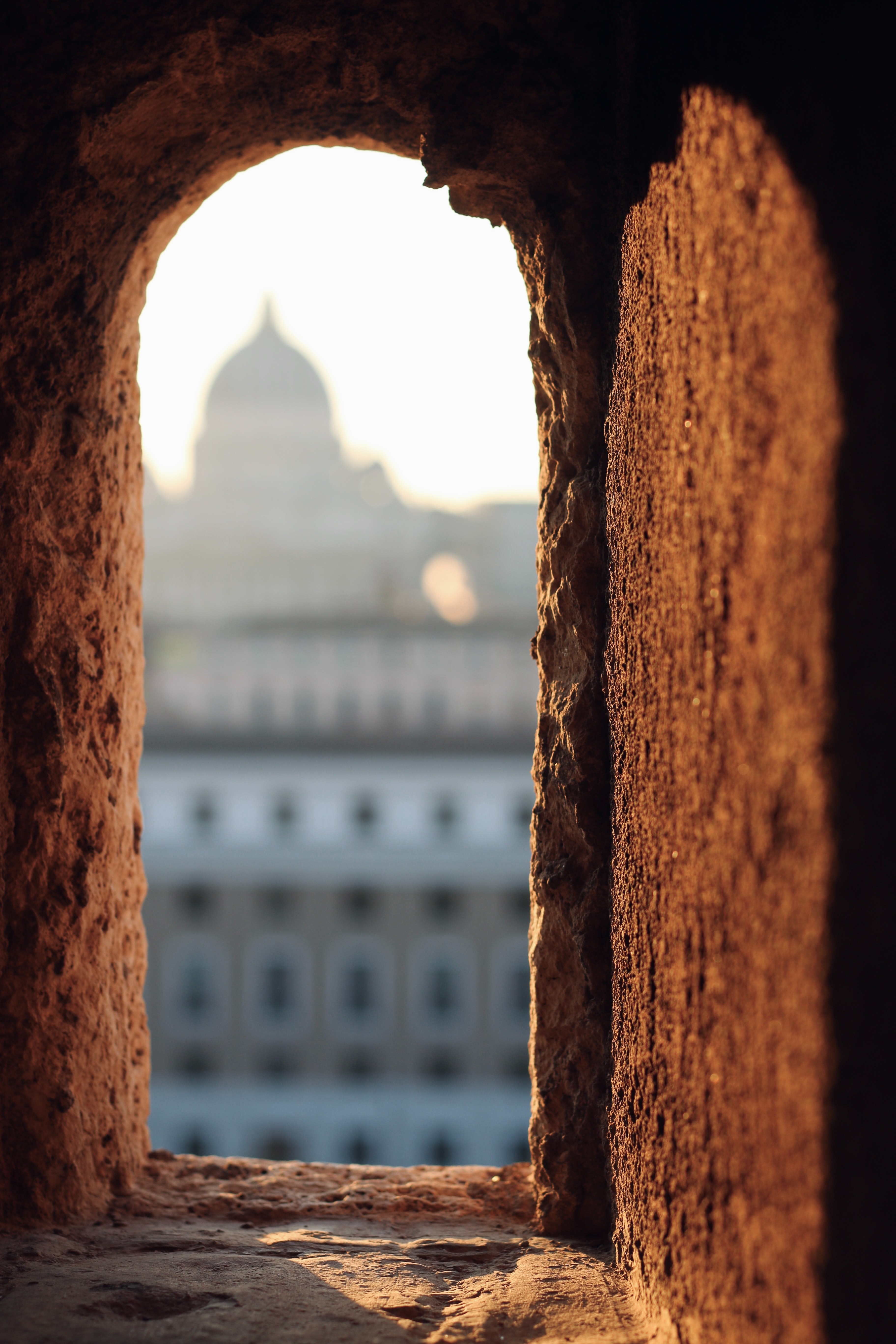
If your only goal is to achieve more, you may find yourself endlessly chasing after an elusive target. While ambition and striving for success are admirable qualities, it is important to remember that true fulfillment comes from finding meaning and purpose in our pursuits.
Instead of solely focusing on acquiring more material possessions or climbing the ladder of success, we should strive for a balanced and meaningful life that encompasses our personal values and passions.
By shifting our mindset and setting goals that align with our values, we can create a sense of direction and purpose in our lives. Rather than constantly chasing after external validation or numbers on a balance sheet, we can focus on personal growth, relationships, and making a positive impact in our communities.

It’s also important to recognize that the journey toward success is not always linear. Challenges and setbacks are inevitable, but they provide opportunities for growth and learning. Embracing failure as a steppingstone toward success allows us to develop resilience and adaptability, ultimately propelling us closer to our goals.
In the end, if we solely chase after more without a deeper understanding of what really brings us joy and fulfillment, we may never find true satisfaction. So let us redefine our goals, seek meaning and purpose, and embark on a journey toward a well-rounded and fulfilling life.
Enjoy your journey my friends.
